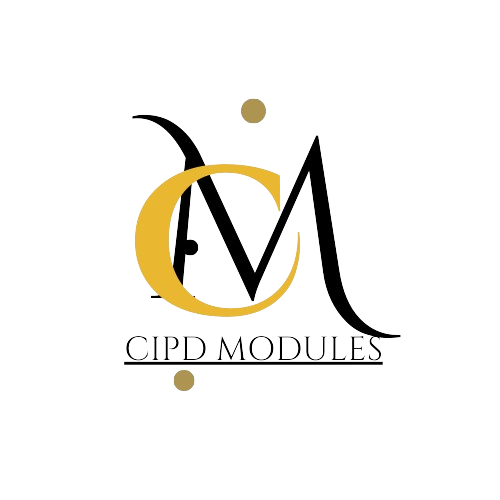
CIPD’s 5OS06 Leadership and Management Development course helps people gain the skills, knowledge, and behaviours needed to lead and manage in organisations. It highlights the importance of building a positive workplace culture with diverse, creative, and high-performing teams. This course is an important part of the CIPD Level 5 Associate Diploma in People Management.
Table of Contents
Assessment Questions
Question 1
AC 1.1 Explain how recent, current and potential future trends in your industry’s business environment are combining to underpin the case for a review of current leadership and management development activities or programmes. Illustrate your answer with specific examples.
Unilever conducts business under conditions that rapidly change due to external market forces, technological developments, and the transformation of customer needs. The company needs to keep its leadership and management development programs under constant evaluation to maintain competitive performance. The examination of leadership and management development at Unilever demands this review based on the following three primary trends:
Digital Transformation and Technological Innovation (Recent Trend)
Unilever dedicates a substantial financial investment toward digital technology for better operations alongside supply chain management and marketing productivity. Unilever operates through three sets of AI-powered tools, automated systems and e-commerce strategies that have significantly reshaped its operations (Unilever, 2024). Leaders must have the competencies to lead digital transformations while making effective use of technology because of rapid industry changes. Managers need specialised digital leadership training through the “Future Fit” program to drive effective digital strategies since its current focus primarily determines how staff members learn digital competencies. The organisation would benefit from increased training that teaches leaders about working with AI systems because that practice prepares managers better for data-oriented choices (Unilever, 2025).
Sustainability and Ethical Consumerism (Current Trend)
Unilever and similar companies now face pressure from consumers to establish environmentally and socially responsible practices because sustainability has become a growing priority among consumers. Unilever leads its “Compass Strategy” endeavour by setting target goals for zero emissions alongside sustainable supply chain procurement, which demands executives embed sustainability considerations across all business decisions (Unilever Plc, 2024). Traditional leadership development approaches have limited success in delivering the skills needed for combining profit objectives with moral corporate behaviour. Unilever will effectively combine financial growth with evolving consumer requirements by implementing sustainability leadership instruction, which includes practical training for circular economies as well as responsible supply chain methodology.
Read More:

